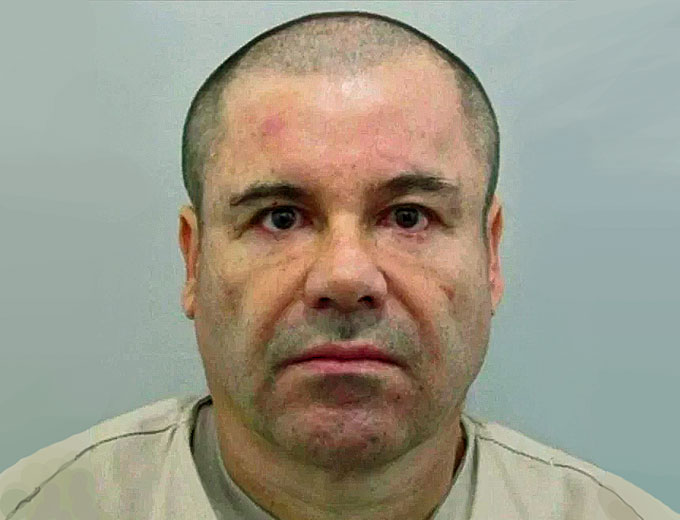Joaquin Archivaldo Guzman Loera, also known by various aliases, which includes “El Chapo” and “El Rapido,” has been sentenced by U.S. District Judge Brian M. Cogan to a life term of imprisonment plus 30 years to run consecutive to the life sentence for being a principal leader of the Mexican organized crime syndicate known as the Sinaloa Cartel, a continuing criminal enterprise.
The charge that includes 26 drug-related violations and one murder conspiracy. Guzman Loera was also ordered to pay $12.6 billion in forfeiture.
Guzman Loera was convicted by a federal jury on Feb. 12, 2019, following a three-month trial, of all 10 counts of the superseding indictment, including narcotics trafficking, using a firearm in furtherance of his drug crimes and participating in a money laundering conspiracy.
(A judge sentenced the drug lord to life plus 30 years and ordered him to pay $12.6 billion in restitution. Courtesy of ABC News and YouTube. Posted on Jul 17, 2019.)
Attorney General William P. Barr, Assistant Attorney General Brian A. Benczkowski of the Justice Department’s Criminal Division, U.S. Attorney Richard P. Donoghue for the Eastern District of New York, U.S. Attorney Ariana Fajardo Orshan for the Southern District of Florida, Acting Administrator Uttam Dhillon of the U.S. Drug Enforcement Administration, Director Christopher A. Wray of the FBI, Acting Secretary Kevin McAleenan of the U.S. Department of Homeland Security, Executive Associate Director Derek Benner of U.S. Immigration and Customs Enforcement’s Homeland Security Investigations, Acting U.S. Marshal Bryan T. Mullee of the Eastern District of New York, New York City Police Department Commissioner James P. O’Neill and New York State Police Superintendent Keith M. Corlett announced the sentence.
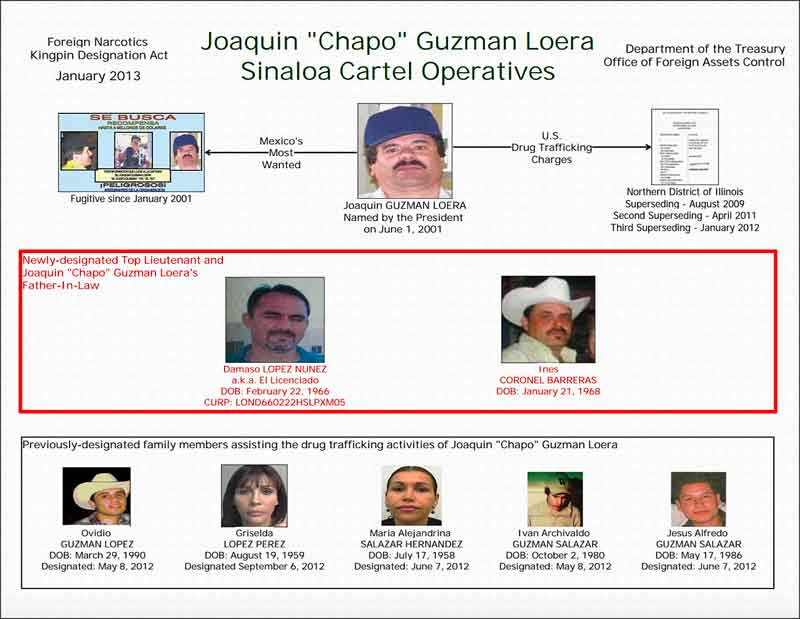
Guzman Loera was a principal leader of the Sinaloa Cartel, as was established by evidence at trial, a Mexico-based international drug trafficking organization responsible for importing and distributing more than a million kilograms of cocaine, marijuana, methamphetamine and heroin in the United States.
Key evidence included:
-
Testimony from 14 cooperating witnesses, which included Sinaloa Cartel members Rey and Vicente Zambada, Miguel Martinez, Tirso Martinez, Damaso Lopez and Alex Cifuentes
-
Narcotics seizures totaling over 130,000 kilograms of cocaine and heroin
-
Weapons, including AK-47s and a rocket-propelled grenade launcher;
-
Ledgers, text messages, videos, photographs and intercepted recordings that detailed the drug trafficking activity of Guzman Loera and his co-conspirators over a 25-year period from January 1989 until December 2014
(Vicente Zambada, a former Mexican drug trafficker and son of Ismael Zambada, testified Thursday against infamous kingpin Joaquin “El Chapo” Guzman. Zambada described the rampant violence that accompanied Guzman’s rise to power atop the Sinaloa cartel. Criminal defense attorney Vinoo Varghese joined CBS News to walk through the extensive testimony. Courtesy of CBS News and YouTube. Posted on Jan 4, 2019.)
From the mid-1980s until his arrest in Mexico in 1993, Guzman Loera was a mid-level operative of the Sinaloa Cartel, earning a name for himself and the nickname “El Rapido” for how quickly he transported drugs from Mexico to the United States for the Colombian cartels.
After he escaped from a Mexican prison in 2001 by hiding in a laundry cart, Guzman Loera formed an alliance with fugitive co-defendant Ismael Zambada Garcia and, together, they became the preeminent leaders of the Sinaloa Cartel.
Guzman Loera enforced his will and maintained control of his drug empire through an army of lethal bodyguards and a sophisticated communications network.
The trial highlighted the methods Guzman Loera and his organization used to transport the cartel’s multi-ton shipments of narcotics into the United States, including fishing boats, submarines, carbon fiber airplanes, trains with secret compartments and transnational underground tunnels.
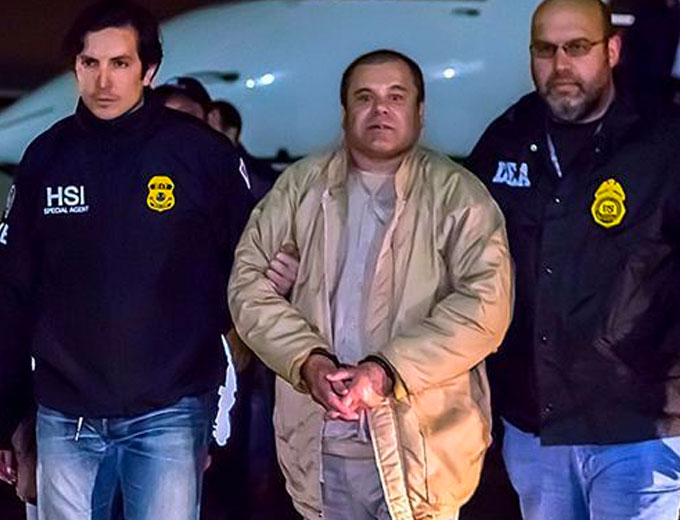
Once the narcotics were in the United States, they were sold to wholesale distributors in New York, Miami, Atlanta, Chicago, Arizona, Los Angeles and elsewhere.
Guzman Loera then used various methods to launder billions of dollars of drug proceeds, including bulk cash smuggling from the United States to Mexico, U.S.-based insurance companies, reloadable debit cards and numerous shell companies, including a juice company and a fish flour company.
Guzman Loera and his organization relied upon violence to maintain its power throughout the region and beyond.
Numerous co-conspirators testified that Guzman Loera directed his hitmen to kidnap, interrogate, torture and slaughter members of rival drug organizations, at times carrying out acts of violence himself.
As part of its arsenal, the Sinaloa Cartel had access to weapons, including grenades and a rocket-propelled grenade launcher.
Guzman Loera’s personal arsenal included a gold plated AK-47 and three diamond-encrusted .38 caliber handguns, one emblazoned with his initials, “JGL.”
Guzman Loera and his organization also relied on a vast network of corrupt government officials and employees to protect and further the interests of the Sinaloa Cartel.
They included local law enforcement officers, prison guards, high-ranking members of the armed forces and elected office holders.
In exchange, the Cartel paid these individuals millions of dollars in bribes.
(El Chapo is going away for life — and he’s not happy about it. The Sinaloa cartel boss, born Joaquín Guzmán-Loera, was sentenced to life in prison with no chance for parole Wednesday. In a packed hearing in the same Brooklyn courtroom where he was convicted on a 10-count indictment earlier this year, the kingpin said his trial was unjust, pointing to allegations of juror misconduct reported by VICE News after his conviction. The hearing was almost certainly Chapo’s final moment in public, and he used it to speak his mind. Referring to the alleged misconduct, Chapo told the judge, speaking in Spanish through a translator: “In response, you decided to do nothing. You didn’t want to question not even one member one of the jury to determine if I received justice.” Chapo’s epic three-month trial ended February 12 with a unanimous guilty verdict and featured testimony from more than a dozen former high-ranking cartel members, but the 62-year-old drug lord decided not to take the stand in his own defense. His remarks Wednesday were the first time he has spoken at length since a videotaped interview with Rolling Stone in 2016. He appeared in court Wednesday sporting a tidy salt-and-pepper mustache, and he blew kisses to his wife in the courtroom gallery throughout the hearing. Judge Brian Cogan, who presided over Chapo’s trial, handed down the life sentence — plus 30 years to be served concurrently — which was mandatory under the law due to Chapo’s conviction for leading an organized crime group. Courtesy of VICE News and YouTube. Posted on Jul 18, 2019.)
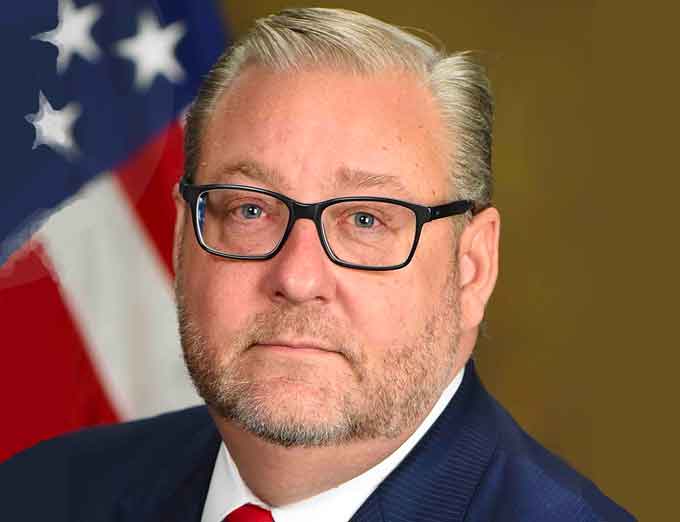
“The long road that brought ‘El Chapo’ Guzman Loera to a United States courtroom is lined with drugs, death, and destruction, but ends today with justice,” said Assistant Attorney General Benczkowski.
“Thanks to the unflagging efforts of the Department of Justice and the law enforcement community over the past 25 years, this notorious leader of one of the largest drug trafficking organizations in the Western hemisphere, the Sinaloa Cartel, will spend the rest of his life behind bars.”
“Guzman Loera’s day of reckoning has finally come,” said EDNY U.S. Attorney Donoghue.
“Never again will he pour poison into our country, or make millions as innocent lives are lost.”
“We cannot undo the violence, misery and devastation inflicted on countless individuals and communities as result of his organization’s sale of tons of illegal drugs for more than two decades, but we can ensure that he spends every minute of every day in prison.”
“The same fate awaits those who would take his place. I thank the brave members of law enforcement, here and abroad, for their tireless efforts that have finally secured justice in this case.”

“The life sentence imposed today is the only just result for someone who spent a lifetime spreading his poison throughout our country,” said SDFL U.S. Attorney Fajardo Orshan.
“The impact of keeping former Sinaloa Cartel leader Joaquin Guzman Loera behind bars, for the rest of his life, cannot be overstated: the world will now be shielded from his brutality.”
“Thanks to the unyielding efforts of this team, the public was finally able to see how Guzman Loera used any means necessary to control his ruthless empire, including kidnapping, corruption, torture, and murder.”
“Our U.S. Attorney’s Offices continue to stand shoulder to shoulder with our domestic and foreign law enforcement partners to protect our citizens from the scourge of illicit drugs.”
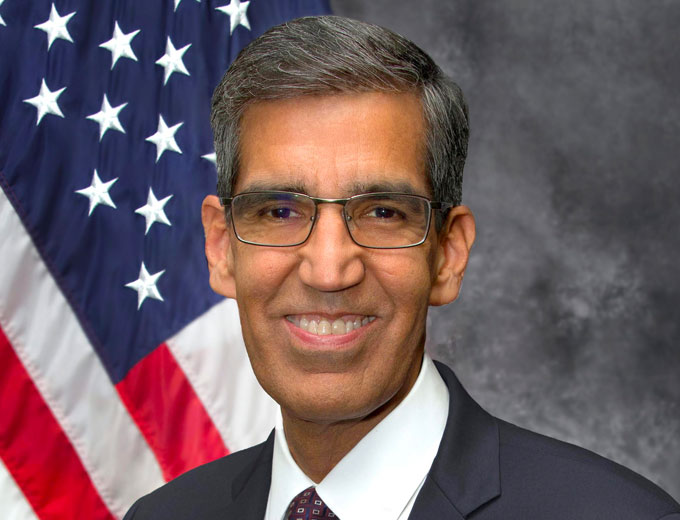
“This sentencing shows the world that no matter how protected or powerful you are, DEA will ensure that you face justice,” said DEA Acting Administrator Dhillon.
“This result would not have been possible without the dedication and determination of so many brave men and women of the DEA, who worked tirelessly to see the world’s most dangerous, prolific drug trafficker behind bars in the United States.”
“This is a huge victory for the rule of law, for thousands of current and retired DEA agents and analysts worldwide, and for all of our law enforcement partners here, in Mexico, and across the globe.”
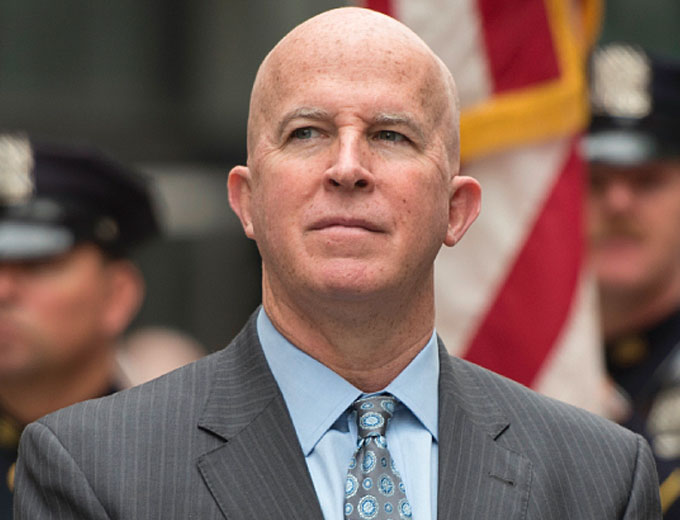
“Let today’s sentencing show the world that Joaquin ‘El Chapo’ Guzman has not escaped the American justice system and, now, will finally be held accountable for his many years of criminal behavior,” said NYPD Commissioner O’Neill.
“I want to thank the members of the DEA, the FBI, the U.S. Marshals Service, HSI, the New York State Police and the NYPD detectives on the Drug Enforcement Task Force for their hard work on this investigation and trial.”
“With this sentencing, justice has been served,” said NYSP Superintendent Corlett.
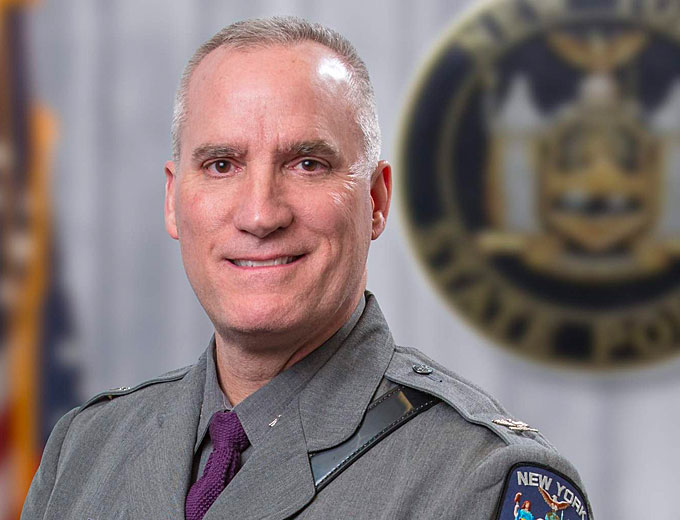
“For two decades, this individual used extreme violence, bribes, and any means necessary to bring dangerous and deadly drugs into our country and state.”
“This sentence should serve as a reminder that no one is above the law.”
“I applaud our partners in law enforcement for their tireless work on this case, bringing an end to the destruction this man, and this enterprise caused for decades.”
The government’s case is being prosecuted by Assistant U.S. Attorneys Gina Parlovecchio, Michael Robotti, Patricia Notopoulos and Hiral Mehta from the Eastern District of New York; Assistant U.S. Attorneys Adam Fels, Andrea Goldbarg and Lynn Kirkpatrick from the Southern District of Florida; and Trial Attorneys Amanda Liskamm, Anthony Nardozzi, Brett Reynolds and Michael Lang of the U.S. Department of Justice Criminal Division’s Narcotic and Dangerous Drug Section.
The investigation was coordinated by the DEA, ICE HSI and the FBI, in cooperation with the following agencies:
- Mexican, Ecuadorian, Netherlands, Dominican and Colombian law enforcement authorities
- Substantial assistance was provided by the U.S. Attorneys’ Offices in the Northern District of Illinois, Western District of Texas, Southern District of New York, Southern District of California, District of New Hampshire, District of Arizona and Eastern District of Virginia.
- The Department of Justice’s Office of International Affairs of the Criminal Division played an integral role in securing the extradition of Guzman Loera to the United States, in cooperation with authorities of the Mexican government, without which his prosecution would not have been possible.
The investigative efforts in this case were coordinated with the Department of Justice Special Operations Division, comprising agents, analysts and attorneys from the following law enforcement organizations:
- The Criminal Division’s Narcotic and Dangerous Drug Section
- DEA New York and DEA Miami
- FBI Washington Field Office, FBI New York Field Office, and FBI Miami Field Office
- HSI New York and HSI Nogales
- Bureau of Alcohol, Tobacco, Firearms and Explosives
- U.S. Marshals Service
- IRS Criminal Investigation
- U.S. Bureau of Prisons
- NYPD and New York State Police.
This case is the result of the ongoing efforts by the Organized Crime Drug Enforcement Task Force (OCDETF), a partnership that brings together the combined expertise and unique abilities of federal, state and local law enforcement agencies.
(Learn More. The OCDETF Program is the centerpiece of the United States Attorney General’s drug strategy to reduce the availability of drugs by disrupting and dismantling major drug trafficking organizations and money laundering organizations and related criminal enterprises. Courtesy of WebsEdgeGovernment and YouTube. Posted on Oct 21, 2017.)












